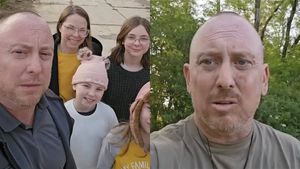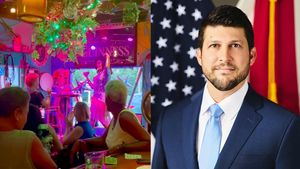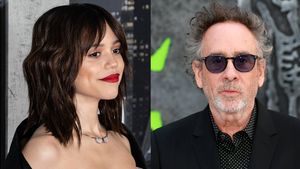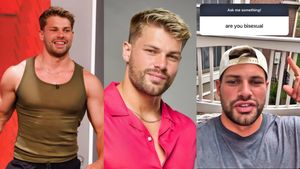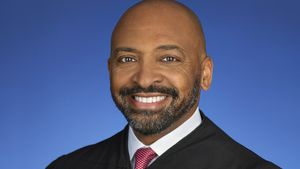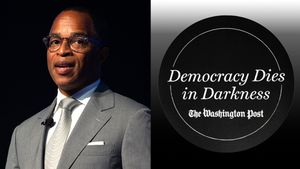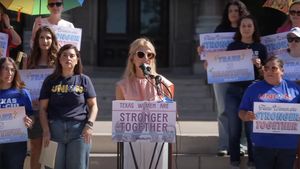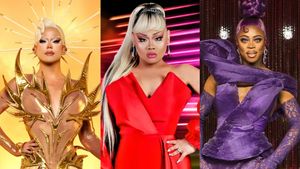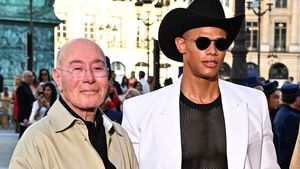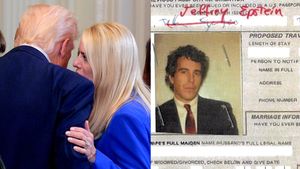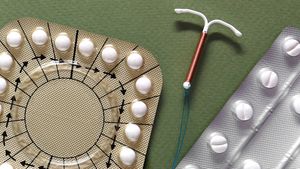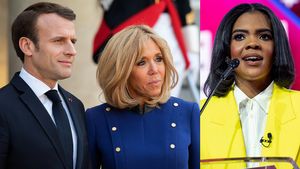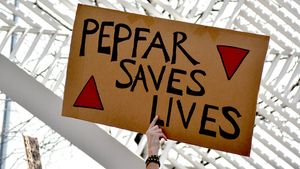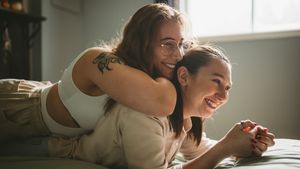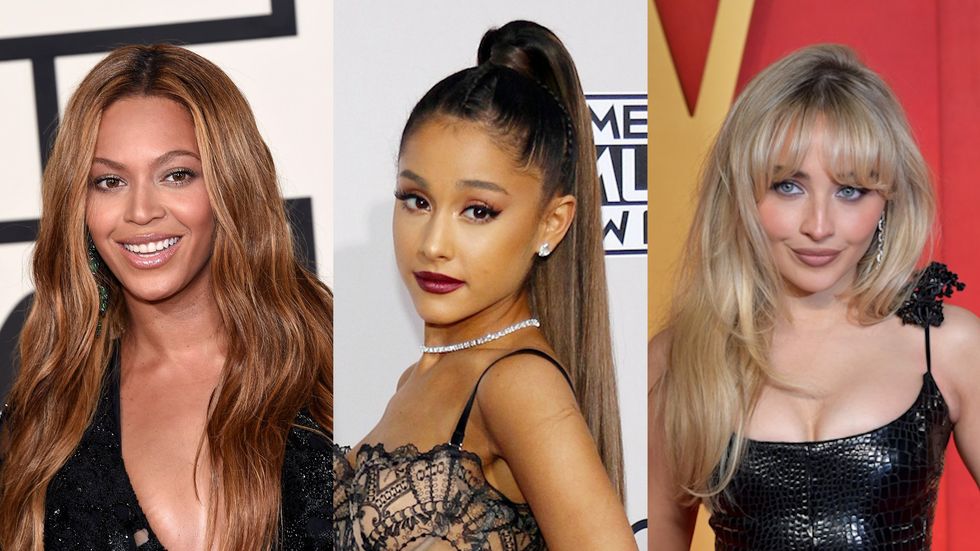Though the world feels like it’s on the verge of shutting down again, there was a period in 2021 where things felt like they were going back to normal. Some mid to large-scale events were back on, and seeing people in-person was becoming a regular thing. As a part of that, Red Bull relaunched its series of global competitions including Red Bull Dance Your Style, a series of one-on-one freestyle battles from dancers of varying genres.
In Boston, at a prelim event dancers turned out on a pier outside The Tall Ship Boston for a buzzy night. Hundreds in the audience gathered around, and voted for winners after each match. Dana Lioness, a dancer from New Jersey, was one of sixteen performers. And though she didn’t win, she plans to leave her mark on the industry at large.
Was this your first time being back out on the floor in this kind of environment?
Last time I was here, I was the runner-up in Boston for Red Bull Dance Your Style. So I got to go to Vegas. Tonight I was top 16 which still felt really amazing. It felt very different than the first time. The first time I had only been battling for less than a year and this time I’ve been doing it for three years. I’m still really fresh in the scene but the nerves hit me differently. I’m in a different mindspace, especially after a global pandemic.
But the overall feeling tonight was just like this crazy thing, sort of like I was radiating thankfulness. Just of being here and being able to do my thing and put on for the women. It felt amazing.
How did you develop your dance style?
When I was younger I would teach myself off of videos. I was unhealthily obsessed with MTV. And growing up as a kid in the late 90s, early 2000s, the way MTV would do Halloween I would be flip out. I would be glued to the television watching every little thing. There was just so much amazing choreography and artists that were in the videos aside from just the main ones that I was like I hve to teach myself everything that’s being done here. So I became obsessed with MTV and because of that and my parents, I had such a wide range of music around me.
At the beach one day my friend’s mom was like you should get your daughter in dance classes. I remember when she said it: I shot up like a meerkat and turned around and was like, she’s telling you good things. WE should do that! This is what it should be.
I knew that my friend at the time was already on a competition team and was like performing every month. I was just amazed because she was able to like learn things and then she got to do it. I decided that’s what I wanted to do. After dancing officially for two years at that studio, I made it onto the competition team and I was the worst one. And when I say the worst I mean, back corner, back line.
My second year on the team I had this moment where I was just like I really want this and I could do this for the rest of my life. And for some reason it all just clicked.
Yeah?
So then during my freshman year of high school I got into the Joffrey Ballet School in the Jazz Contemporary program. I moved from New Jersey to New York and I joined the pre-professional program. I was taking all of these classes like House classes and Popping and Locking, and we had all these choreographers in. That’s where I figured out what I wanted to do.
My second year at Joffrey, I was learning House from Ephrat Asherie who was doing a piece with us and I started going out to the clubs. I was really underage in these clubs just finding a safe space. That made me officially come out and be who I was. From there I also trained in a lot of different styles: Ballet, Krump, Musical Theater, Flexing, a lot really.
How are you finding the industry part of it?
I’m a choreographer and I assist and do a little movement direction as well. The industry ahs been interesting. My biggest thing is that I’m not willing to sell out and I know it’s held me back in situations but at the same time I don’t want to do something that someone tells me to especially if I know it has a negative impact. Every time I’m doing something I think about when i was younger and how when I saw it, it influenced me. I think about how I’m influencing the next generation because there’s a lot of sexism, homophobia, biphobia, and panphobia that happens. You know it’s just people saying these little things that push the LGBTQ+ community to the side and so now I’m there to say “you’re not going to do that. We’re going to make space and we’re going to be here.”
I just want to be unapologetic in my work and help make space for other people. If there’s one pansexual little girl or boy or human that sees me and are like “I can be that,” and they go further than me, that’s what I want. I want to make space for us.
Do you find that there are others doing that same work?
I recently have been finding a lot of that thanks to Ladies of Hip Hop — they’re definitely my family. I feel like there was a lot of negative spaces that I was in and I wouldn’t have had the courage to leave them if it wasn’t for Ladies of Hip Hop. They definitely were like “we see what you have and that’s not working for you but it could be better.” If I hadn’t heard that, things would have never clicked in the same way.








